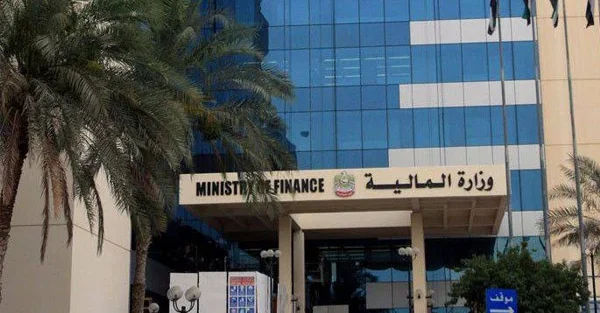– It’s time to board already as the flight gains momentum: The UAE Ministry of Finance (MoF) has now launched and allowed online registration for a series of comprehensive VAT information workshops. These are aimed at all businesses within the UAE to demonstrate how the regime will work and it’s intricacies.
A better news: A number of events have been planned by MoF targeted at different types of businesses, the calendar is given on their official website. Here are the most important takeaways I picked from different sources that disclosed important details shared earlier in the first of MoF’s workshops.
– The UAE (and some unnamed other Gulf Cooperation Council (GCC) Member States) is still on track to implement VAT from 1 January 2018, and it expects to release its domestic VAT Law before the end of the first half of 2017, with detailed Executive Regulations to follow shortly after. Under the GCC VAT Framework Agreement Member States who do not commence on 1 January 2018 will have up to one year to introduce VAT. The standard VAT rate across the GCC will be 5%.
– A zero rate of VAT will be applied to both healthcare and education services. Both services were previously expected to be exempt from VAT, meaning that input VAT would have been a cost to businesses making such services. The zero rate will allow such businesses to recover input VAT.
– An as yet to be agreed by the GCC list of medicines and medical equipment will also be zero-rated.
– Supplies of commercial property (sales and leases) will be subject to the standard rate of VAT. Whereas, Supplies of residential property (sales and leases) will be exempt from VAT, with the exception of the first sale of new residential property, which will be subject to the zero rate of VAT.
– Financial services will be subject to a narrow exemption model. Fee-based financial services will generally be subject to the standard rate of VAT.
– Investment gold, silver and platinum will be zero-rated.
– Although VAT is a federal tax, taxpayers will be required to report sales and purchases on an Emirate level basis on their UAE VAT returns. This will represent an additional compliance burden to businesses operating across the Emirates.
– Imports of goods into the UAE will be subject to the reverse charge, meaning that businesses will not have to physically pay VAT at the point of import.
– Imports of goods into other GCC Member States, transshipped through the UAE will not be eligible for the reverse charge, and import VAT will be due on such imports at the first point of entry into the GCC Customs Union. If imported through the UAE there will be no entitlement to recover the import VAT paid as input VAT in the UAE. The input VAT will have to be sought from the final destination Member State.
– Supplies of local transport, such as taxis, buses, trains, etc. will be exempt from VAT.
– The VAT treatment of supplies made within free zones and by free zone entities is still under final consideration and be will confirmed within the UAE VAT law and the Executive Regulations.
– Supplies to the Government and Government bodies will be subject to VAT in the normal way, with Government having to manage any reclaim or refunds.
– A margin scheme will be available for second hand goods.
– The feasibility of a Tourist Refund Scheme is being considered.
– The mandatory registration threshold will be US$100,000 and the voluntary threshold will be US$50,000. Meaning businesses with turnover below $50,000 cannot voluntarily register. Registration will open towards the end of Q3 2017.
– Other Points discussed were:
1. Refunds
2. Tax Invoice
3. Registration
4. Record Retention
5. Appeal Process
6. Tax Audits
7. Penalties
There were other details disclosed along with these. So much so that it clearly indicates it is high time for businesses to advance their implementation plan. Further procrastination from this point could lead to a hasty transition thus serious concerns in the process.





